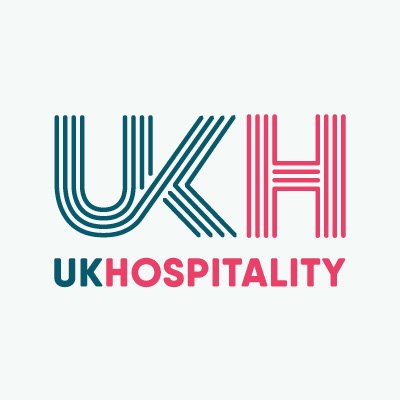
UKHospitality have published interim guidance to help catering businesses identify and implement measures to reduce acrylamide levels in food following new legislation which was brought into force on Wednesday, 11th April 2018.
The regulation requires food businesses to identify potential sources of acrylamide and demonstrate that they have taken appropriate action to reduce the levels of acrylamide according to the principle of ALARA (As Low As Reasonably Achievable).
The document provides operators with best practice guidance on how to mitigate acrylamide in their food businesses. Prepared by the industry, for industry, this guide is being developed with valuable input from the Food Standards Agency (FSA), Food Standards Scotland (FSS) and other key stakeholders in the catering and food service sector.
Despite regulations coming into force today, the publication of interim guidance comes before EU guidance – which will provide clarity on the EU legislation on which the regulations are set. Upon clarification, the guidance will be updated and finalised.
Acrylamide is a chemical that is created when many foods – particularly starchy foods such as potatoes and bread – are cooked at high temperatures, such as when baking, frying, grilling, toasting or roasting. The tentative scientific consensus is that acrylamide has the potential to be carcinogenic.
Dr Lisa Ackerley, UKHospitality Food Safety Expert, said: “Over the last 18 months UKHospitality has been working with the FSA, FSS and other stakeholders to produce practical guidance for caterers on the Acrylamide regulations which have been implemented today. Unfortunately, the EU guidance is not yet finalised, meaning some critical areas of clarification are still required as to scope and interpretation.
“It is regrettable that despite our considerable efforts we have been unable to produce a final document for the hospitality sector in time for the implementation of the regulations. UKHospitality is committed to guaranteeing that not only we but also our members have full confidence in the integrity of the guidance. Until there is total clarity about which businesses fall under the more onerous part of the regulations, and what foods fall into scope, we unfortunately are not able to provide the industry with the much-needed guidance they require to be confident they are complying with the new regulations.
“UKHospitality trusts that enforcement officers, who themselves will be relying on our guidance, will be mindful of this when considering taking any enforcement action until we all know where we stand when the EU publishes its guidance.”
UKHospitality Chief Executive, Kate Nicholls, said: “UKHospitality is dedicated to ensuring its members have the practical and easy-to-use guidance they need to make informed and confident decisions. As with our Catering Guide, this guide is set to be Assured by Cornwall Council – the Primary Authority for the hospitality industry.
“We hope that the EU guidance will be finalised sooner rather than later so that businesses can get to grips with the new legislation and will not be unfairly penalised and given reasonable time to understand and implement any necessary changes needed.
To download the interim guidance, click here.
For further enquiries, contact Fleet Street Communications: 020 3567 5800



